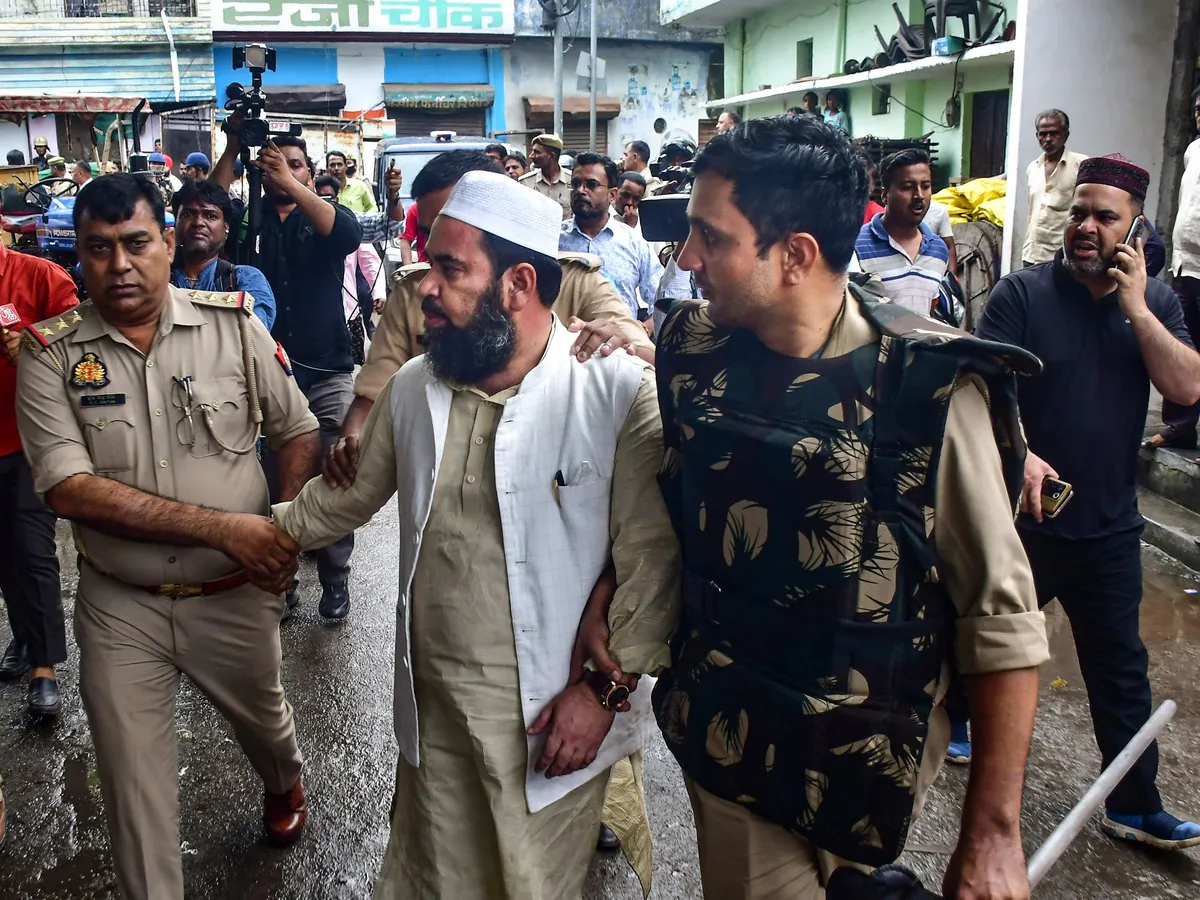A fresh controversy has erupted within the Bharatiya Janata Party (BJP) over the Uttar Pradesh government’s stern action against crowds carrying “I Love Muhammad” posters in cities like Bareilly and Kanpur. Jammu & Kashmir BJP leader Jahanzeb Sirwal has publicly voiced his dissent, calling the crackdown contrary to Prime Minister Narendra Modi’s vision of “Sabka Saath, Sabka Vikas, Sabka Vishwas.”
🗣️ Sirwal’s Strong Words Against UP Police Action
Sirwal criticized the police response as retaliatory and divisive, stating that such measures erode Muslim trust in the BJP government. “If corrective steps are not taken, I will have no option but to resign,” he warned. He emphasized the need for impartial action, saying that any wrongdoing—regardless of community—should be investigated fairly and punished accordingly.
📍 Backdrop: Crackdown in Kanpur and Bareilly
The controversy stems from incidents on September 4 in Kanpur and September 26 in Bareilly, when crowds took to the streets with “I Love Muhammad” posters during Eid Milad-un-Nabi celebrations. In Kanpur, 24 people were booked, while in Bareilly, clashes broke out between the crowd and police. A total of 68 individuals were arrested, including a local cleric.
⚖️ Yogi Adityanath’s Stern Warning
Chief Minister Yogi Adityanath responded with a firm stance, asserting that no cleric should be under any illusion about who governs the state. His remarks were seen as a direct reference to Maulana Tauqeer Raza, who had reportedly called for the poster march.
🧭 Internal Dissent and Political Implications
Sirwal’s remarks highlight growing unease within the party over perceived targeting of a single community. He urged the government to take concrete steps to rebuild trust among Muslims, warning that failure to do so could deepen divisions and damage the party’s inclusive image.
This internal dissent adds a new layer to the political discourse in Uttar Pradesh, where communal sensitivities remain high and governance decisions are under close scrutiny.
